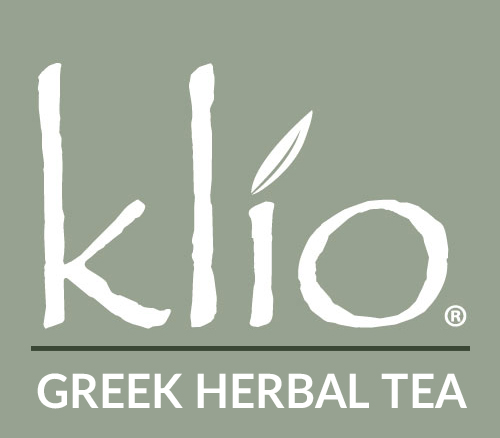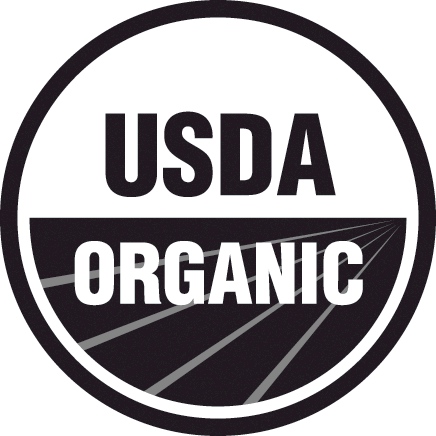Oh how often we trade quality for convenience. The processed food revolution was all about convenience - unfortunately fooling people into believing that caloric satiety was the same as nutrition. That’s how we became a nation of the well-fed but nutritionally malnourished. However, a clear and growing movement toward whole foods and beverages has been gaining momentum in this country, as heath concious consumers are beginning to appreciate the trade-offs between conventience and quality.
As it relates to processed tea, the little tea bag was an ingenious invention from a commercial standpoint. Dust and fannings left over from the tea sorting process were without use until the tea bag was invented sometime in the 1940's. This enabled large tea companies to make good use of an otherwise low quality by-product. Incidentally this “tea dust” made for a much shorter steeping period, although a poorer quality tea. But talk about a planetary line up – the tea companies got a new category, and impatient tea drinkers had a quicker and easier cup of tea. Alas, the bagged tea market was born and eventually it migrated to the world of herbal infusions.
To be sure, true connoisseurs of tea have always looked down on tea bags, opting for the higher quality loose leaf tea. With no intent to sound snobby, (we only look up over here) we at Klio are in the same camp. By mission, we are a whole and loose leaf tea company. Interestingly, my initial idea was to bring Greek Mountian Tea to the US in a bagged form, but I found that it did not lend itself to a mechanical process. In addition, the volume required to make a good cup of tea would not fit in a bag. While that was dissapointing initially, I came to realize the difference between loose leaf and bagged tea and believe that processing the tea in a way to fit small bags exposes it to oxidation of the critical essential oils. By selling it with the most minimal manipulation it takes to get it into our packaging, we are delivering it to you in its true form. The same way the ancients enjoyed it. While other of our teas, would work well in mechanized tea bag processing we are committed to loose leaf all the way. And as an aside, when you steep a tea bag, you are not just extracting something from the tea inside the bag, you are extracting something from the bag itself. Whether its made of paper or nylon, I'm not sure that a lifetime of drinking "tea bag extraction" is a good thing....just a thought.
There have been advancements in tea bagging - such as the sachet. This gives more room for larger pieces and allows for better steeping than conventional bags. It is definitely a big improvement, but not the same as loose leaf in my humble opinion. There are many “contract manufacturers” that offer high speed mechanized tea processing (bags or sactchets) to tea companies that do not wish to own the necessary machines, and most do not. It would be much less expensive for us to utilize their services versus our labor intensive hand packaging processes. But we are committed to delivering natural herbs to consumers with the absolute least amount of human and mechancial intervention. We are convinced that whole and loose leaf is the way to go, and once you get used to making tea that way I’m sure you will agree, if you weren't there already!




